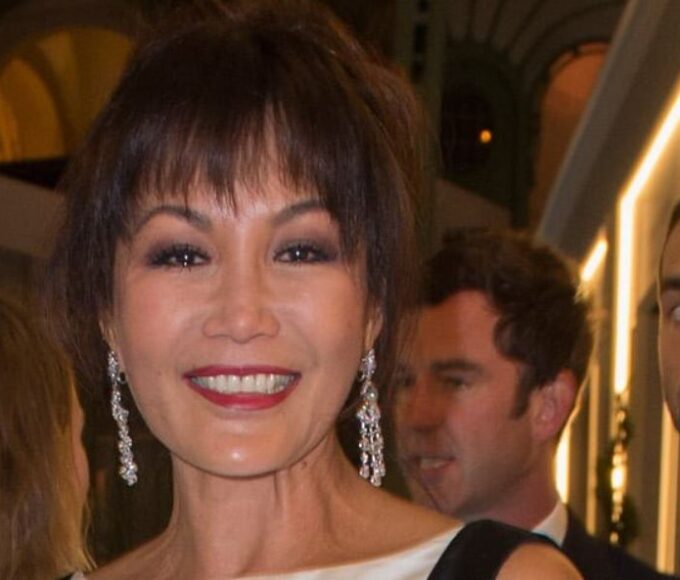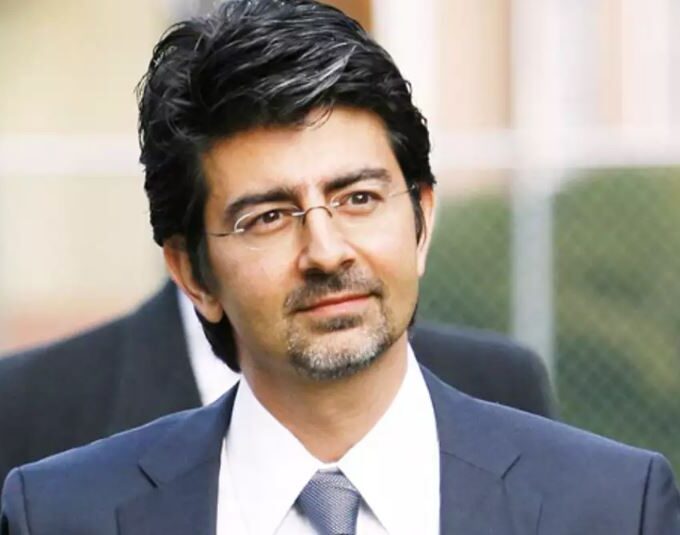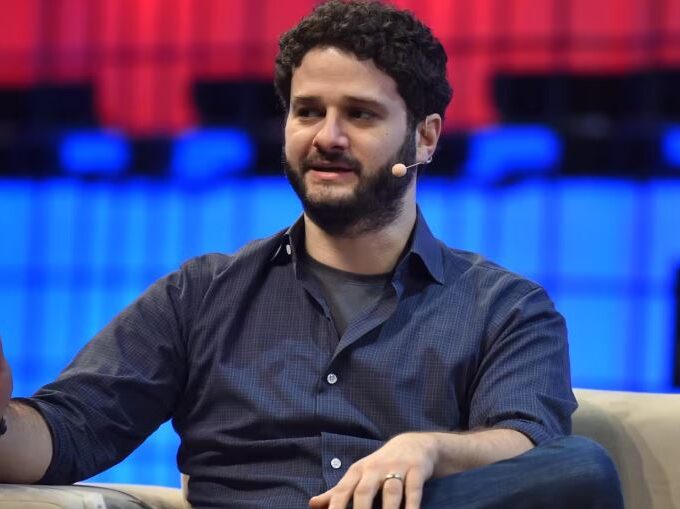- Home
- Billionaires
- Investing Newsletters
- 193CC 1000
- Article Layout 2
- Article Layout 3
- Article Layout 4
- Article Layout 5
- Article Layout 6
- Article Layout 7
- Article Layout 8
- Article Layout 9
- Article Layout 10
- Article Layout 11
- Article Layout 12
- Article Layout 13
- Article Layout 14
- Article Sidebar
- Post Format
- pages
- Archive Layouts
- Post Gallery
- Post Video Background
- Post Review
- Sponsored Post
- Leadership
- Business
- Money
- Small Business
- Innovation
- Shop
Recent Posts
The Life and Legacy of Pei Zhenhua

Pei Zhenhua was a prominent Chinese military and political leader whose contributions to the People’s Liberation Army (PLA) and the Chinese Communist Party (CCP) marked significant moments in 20th-century Chinese history. Born in 1916 in Shandong Province, Pei’s life spanned a turbulent and transformative period in China’s history, and his role in the military and political developments of the country left a lasting impression on those eras.
From a young age, Pei Zhenhua was involved in revolutionary activities. In the early 1930s, during a time when China was under internal and external pressure, he joined the Chinese Communist Party and became a part of the revolutionary army. This commitment was both ideological and practical, as he dedicated himself fully to the cause of the communist revolution. His joining the party and subsequent military career coincided with one of the most volatile periods in Chinese history, including the Japanese invasion, the Chinese Civil War, and eventually the founding of the People’s Republic of China in 1949.
Pei Zhenhua rose through the ranks of the military due to his bravery, leadership, and commitment. During the War of Resistance Against Japan (1937–1945), he participated in key battles that demonstrated his tactical skill and strategic thinking. He was recognized as a capable and reliable commander, someone who could lead under pressure and remain steadfast in the face of adversity. These attributes earned him trust and respect within the military, setting the stage for his later promotions and appointments.
Following the end of the Japanese occupation and the defeat of the Kuomintang (KMT) in the civil war, Pei transitioned into more political roles while still maintaining a strong military presence. His ability to operate effectively in both the military and political arenas made him a valuable asset to the CCP leadership. Pei’s career mirrored the path taken by many revolution-era leaders who transitioned into governance roles in the new regime, bringing with them the ethos and discipline forged during years of conflict.
During the 1950s and 1960s, Pei Zhenhua held various important posts within the People’s Liberation Army and the Chinese government. He was deeply involved in the military restructuring and political reorganization that occurred during these decades. His work contributed to the stabilization of the newly established People’s Republic and helped in the consolidation of CCP power. He was known not only for his administrative capability but also for his deep loyalty to the party’s goals and ideology.
The Cultural Revolution (1966–1976) was a time of great upheaval in China, and Pei Zhenhua, like many other high-ranking officials, found himself navigating a complex political landscape. In 1967, he was appointed as the acting mayor and military control committee head of Shanghai after the overthrow of the city’s party leadership. This was a critical and high-pressure role during a time when the Red Guards and other factions were active, and the city’s governance was in turmoil. Pei was brought in to restore order and reassert party control, and while the position was controversial, it demonstrated the party leadership’s confidence in his ability to manage extreme situations.
Pei’s handling of affairs in Shanghai was marked by pragmatism and a focus on restoring administrative functionality, though like most Cultural Revolution-era figures, his actions remain subject to various interpretations. He was one of the military leaders who took on political responsibility during this volatile time, reflecting the fusion of military and political authority that characterized much of the era. His efforts to bring order to Shanghai were seen by some as stabilizing and by others as complicit in the repression that accompanied the political purges of the time.
After the end of the Cultural Revolution and the subsequent political rehabilitation of many previously purged leaders, Pei Zhenhua remained active in political affairs, although his prominence gradually declined. He was later appointed to advisory roles, contributing to military and political decision-making in a less public capacity. Throughout the 1980s and early 1990s, he continued to support the development of the military and the party from behind the scenes, embodying the older generation of revolutionaries who had once shaped the nation through war and political upheaval.
Pei Zhenhua passed away in 2006, closing the chapter on a life that spanned nearly a century and intersected with some of the most significant events in Chinese modern history. His legacy is one of dedication to the Communist cause, military service, and political engagement. He was neither a public icon nor a flamboyant leader, but his consistent presence in key military and political roles underscores the importance of figures like him in the machinery of the Chinese state.
While not as widely known outside of China or as prominently featured in international accounts of Chinese history, Pei Zhenhua was one of the many individuals whose work ensured the continuity and implementation of party directives during times of both revolution and reform. His ability to move between military command and political management made him a versatile and dependable figure for the CCP leadership. His career also exemplifies the complex nature of loyalty, authority, and pragmatism within the Chinese political system.
Today, Pei Zhenhua’s contributions are remembered mainly within Chinese military and political circles, particularly in discussions around the Cultural Revolution and the administrative control of major cities during that time. His life offers insight into the behind-the-scenes efforts that shaped China’s political evolution, and he remains a representative of the disciplined, steadfast leadership cultivated in the revolutionary era. His experiences serve as a testament to the enduring impact of mid-20th-century Chinese history on the leaders who lived it and the country they helped to build.
- 20th-century China
- army control in politics
- CCP history
- CCP military era
- CCP military leaders
- CCP officials
- China 1960s
- China 1970s
- China war veterans
- Chinese civil administration
- Chinese civil war
- Chinese Communist leaders
- Chinese governance
- Chinese governance models
- Chinese history
- Chinese history biography
- Chinese ideological figures
- Chinese leadership history
- Chinese mayor history
- Chinese military
- Chinese military careers
- Chinese military commanders
- Chinese political figures
- Chinese political strategy
- Chinese politics
- Chinese revolution
- Chinese war history
- Chinese war legacy
- Communist Party of China
- Cultural Revolution
- historical China
- influential Chinese generals
- Mao Zedong era
- Maoist China
- military politics
- party military fusion
- Pei Zhenhua
- People's Liberation Army
- PLA generals
- political biographies China
- political history of China
- post-revolution China
- prominent Chinese leaders
- Red Guards
- revolution-era China
- revolutionary China
- Shandong
- Shanghai history
- Shanghai politics
- war heroes of China
Recent Posts
Categories
- 193 Countries Consortium Partner1
- 193cc Digital Assets2
- 5G1
- Aerospace & Defense48
- AI37
- Arts3
- Banking & Insurance11
- Big Data3
- Billionaires1,487
- Boats & Planes1
- Business332
- Careers13
- Cars & Bikes79
- CEO Network1
- CFO Network17
- CHRO Network1
- CIO Network1
- Cloud10
- CMO Network18
- Commercial Real Estate7
- Consultant1
- Consumer Tech194
- CxO1
- Cybersecurity73
- Dining1
- Diversity, Equity & Inclusion4
- Education7
- Energy8
- Enterprise Tech29
- Events11
- Fintech1
- Food & Drink2
- Franchises1
- Freelance1
- Future Of Work2
- Games149
- GIG1
- Healthcare79
- Hollywood & Entertainment203
- Houses1
- India’s 1000 Richest1
- Innovation46
- Investing2
- Investing Newsletters4
- Leadership65
- Lifestyle11
- Manufacturing1
- Markets20
- Media327
- Mobile phone1
- Money13
- Personal Finance2
- Policy569
- Real Estate1
- Research6
- Retail1
- Retirement1
- Small Business1
- SportsMoney42
- Style & Beauty1
- Success Income1
- Taxes2
- Travel10
- Uncategorized14
- Vices1
- Watches & Jewelry2
- world's billionaires1,456
- Worlds Richest Self-Made Women2
Related Articles
Carrie Perrodo & Family: A Legacy of Wealth, Privacy, and Influence
Carrie Perrodo, the reclusive French billionaire and matriarch of one of the...
By 193cc World's BillionairesJune 3, 2025Pierre Omidyar: The Visionary Behind eBay and a Champion for Global Change
Pierre Omidyar is a name that resonates deeply within the worlds of...
By 193cc World's BillionairesJune 3, 2025Dustin Moskovitz: The Quiet Billionaire Behind Facebook and Asana
Dustin Moskovitz may not be the most famous name associated with Facebook,...
By 193cc World's BillionairesJune 3, 2025Richard Liu: The Visionary Behind JD.com’s Rise to E-Commerce Dominance
Richard Liu, also known as Liu Qiangdong, is one of the most...
By 193cc World's BillionairesJune 3, 2025













Leave a comment